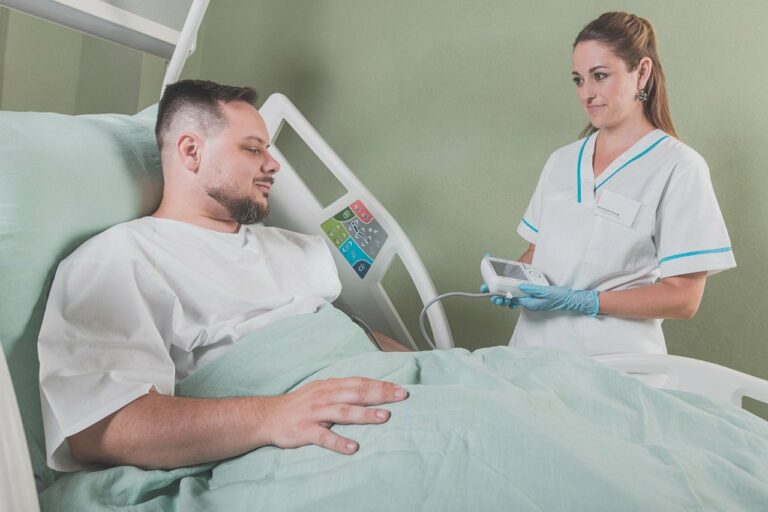Internal Medicine and Cancer Prevention: Early Detection Strategies: 11xplay registration, Laser 247com, Tiger exchange 247 vip login
11xplay registration, laser 247com, tiger exchange 247 vip login: Internal Medicine and Cancer Prevention: Early Detection Strategies
Cancer is a devastating disease that affects millions of people worldwide. While there have been significant advancements in cancer treatment over the years, early detection remains crucial in improving outcomes and increasing survival rates. Internal medicine plays a vital role in cancer prevention through early detection strategies that can help identify cancer in its early stages when it is most treatable. In this article, we will explore some of the key strategies employed by internists to detect cancer early and improve patient outcomes.
Understanding the Importance of Early Detection
Early detection of cancer can significantly improve treatment outcomes and increase survival rates. When cancer is detected in its early stages, it is often more treatable and may require less aggressive treatment. This can lead to better quality of life for the patient and reduce the risk of cancer spreading to other parts of the body.
Importance of Regular Screening
One of the most effective strategies for early cancer detection is regular screening. Screening tests can help detect cancer before symptoms appear, allowing for early intervention and treatment. Common cancer screening tests include mammograms for breast cancer, colonoscopies for colorectal cancer, and Pap smears for cervical cancer. It is essential to speak with your internal medicine physician about appropriate screening tests based on your age, gender, and family history.
Recognizing Symptoms
In addition to regular screening, it is essential to be aware of potential symptoms of cancer. While symptoms can vary depending on the type of cancer, some common warning signs include unexplained weight loss, changes in bowel habits, persistent cough or hoarseness, and lumps or skin changes. If you experience any concerning symptoms, it is crucial to see your internal medicine physician for further evaluation and testing.
Utilizing Advanced Imaging Techniques
Internal medicine physicians may also utilize advanced imaging techniques to detect early signs of cancer. Imaging tests such as MRI, CT scans, and PET scans can help identify tumors and other abnormalities that may indicate the presence of cancer. These tests can be particularly useful in staging cancer and determining the best course of treatment.
Genetic Testing and Counseling
For individuals with a family history of cancer or known genetic mutations, genetic testing and counseling can be instrumental in early detection and prevention. Genetic testing can help identify inherited mutations that increase the risk of certain cancers, allowing for early intervention and monitoring. Genetic counseling can also provide guidance on cancer prevention strategies, such as lifestyle modifications and screening recommendations.
Collaborating with Multi-Disciplinary Teams
Internal medicine physicians often work closely with multi-disciplinary teams of healthcare providers to ensure comprehensive cancer care. These teams may include oncologists, surgeons, radiologists, and other specialists who collaborate to develop personalized treatment plans for each patient. By working together, these teams can ensure that patients receive the most effective and timely care possible.
FAQs
Q: At what age should I start cancer screening?
A: The age at which you should start cancer screening can vary depending on your risk factors and family history. It is essential to discuss screening recommendations with your internal medicine physician.
Q: What are some lifestyle changes that can help prevent cancer?
A: Maintaining a healthy weight, eating a balanced diet, exercising regularly, avoiding tobacco and alcohol, and protecting your skin from UV exposure are all essential lifestyle changes that can help prevent cancer.
Q: How often should I see my internal medicine physician for cancer screening?
A: The frequency of cancer screening tests can vary depending on your age, gender, and risk factors. It is crucial to follow the screening recommendations provided by your internal medicine physician.
In conclusion, early detection is key to improving outcomes in cancer treatment. Internal medicine physicians play a crucial role in cancer prevention through regular screening, symptom recognition, advanced imaging, genetic testing, and collaboration with multi-disciplinary teams. By utilizing these strategies, patients can increase their chances of early detection and successful treatment of cancer. If you have any concerns about cancer prevention or early detection, make sure to speak with your internal medicine physician for guidance and recommendations.







